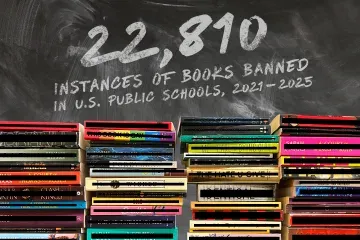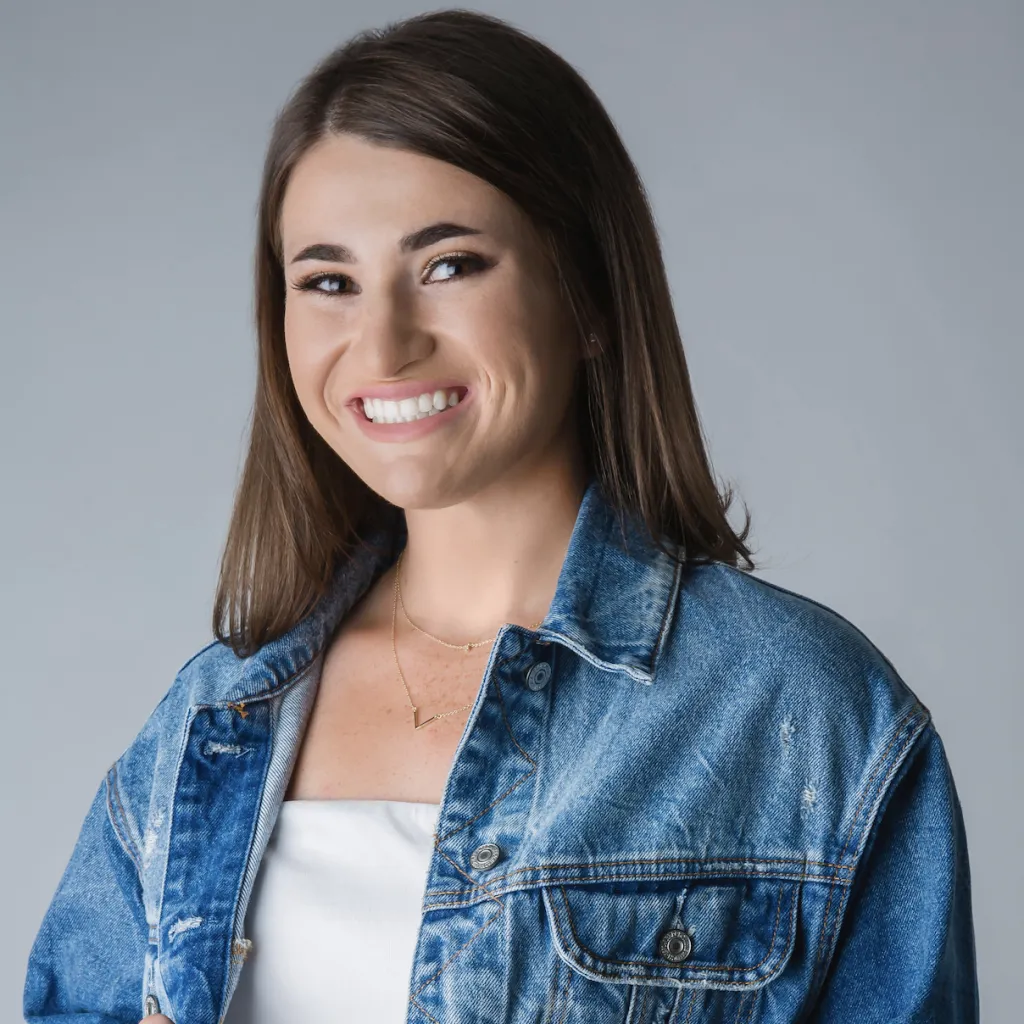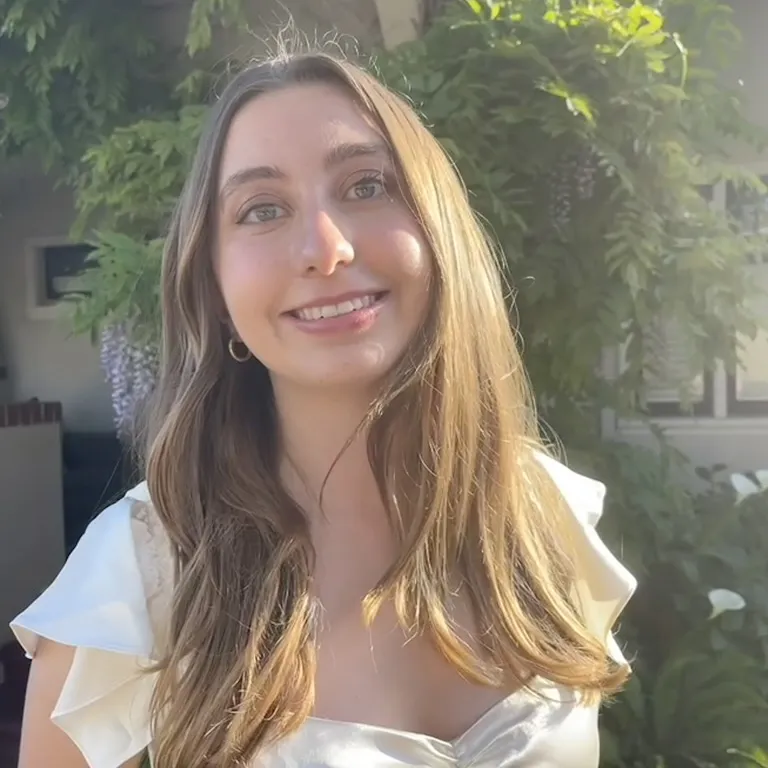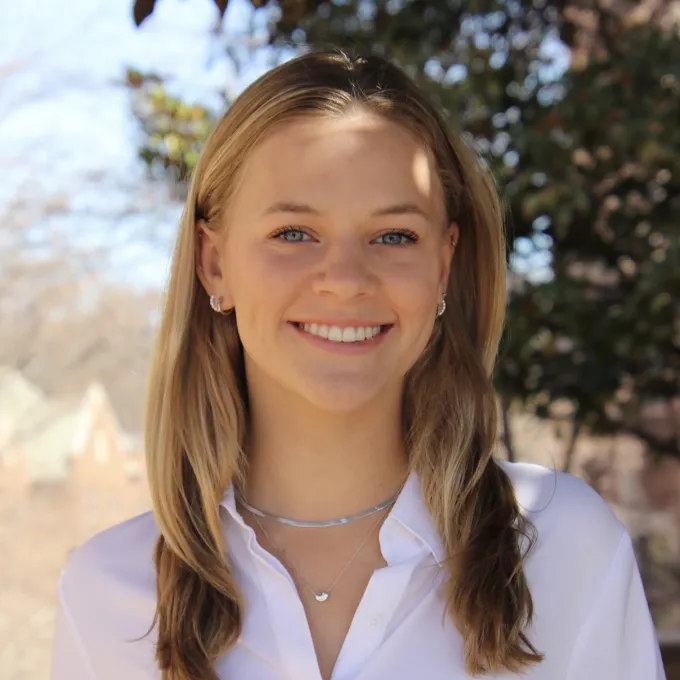Book banning — the practice of removing certain titles from library shelves, reading lists and K–12 curricula — is one of the most pressing issues in U.S. education news today. Florida, Texas and Missouri far outpace other states in legislation and organizing around banning particular titles deemed inappropriate for various reading audiences, and according to Pen America, book banning is on the rise, nationwide. The question of what to ban, and why, is part of a larger conversation about the role of various writing in public life across temporalities, languages and national borders. That conversation speaks to both the power of books to inspire and enact change, as well as to the vulnerability of their authors and readers to various censoring and repressive powers.
Application & eligibility
The Center for the Humanities’ Banned Books Undergraduate Research Fellowship invites interested undergraduate students into this conversation. This opportunity is open to undergraduates at every level and every major in Arts & Sciences. Applications for the spring 2026 fellowship accepted on a rolling basis until midnight on December 17, 2025. (Click on the button at right for application instructions.)
About the fellowship
This year’s cohort of undergraduate Banned Books Fellows will focus on the limits on knowledge of reproductive health and justice that are a consequence of the rise in book bans stemming from Missouri’s SB 775, which passed in 2023 and criminalizes dissemination of “explicit sexual materials” to students. National advocates for first amendment rights maintain that these laws, increasingly on the books in several U.S. states, are a legislative tool for banning books that deal with difficult, yet crucial topics of sexuality, sexual health and gender for students and juvenile readers.
Students will pursue a research project along this thematic parameter as a means of exploring the relationship between freedom of information and matters of health and justice. The banning of books as a means of preventing “obscenity” and “sexually explicit” materials from reaching students and children raises key questions: What kinds of bodies and relationships are we permitted to read about in books? And what are the consequences when those books are banned?
All student project work will be mentored by humanities center staff and a graduate student mentor, and students will receive guidance on the humanities research process and the resources available to undergraduate humanists at WashU.
In exchange for their research and collaborative efforts in planning an on-campus, end-of-year event on the topic, each student in the Banned Book research cohort receives a $300 stipend. Students are expected to attend 5-6 regular meetings on Tuesdays, 3–5 pm, and and to confer with humanities center staff on their project work throughout the semester.
Questions may be directed to Meredith Kelling, assistant director of student research and engagement, Center for the Humanities.












